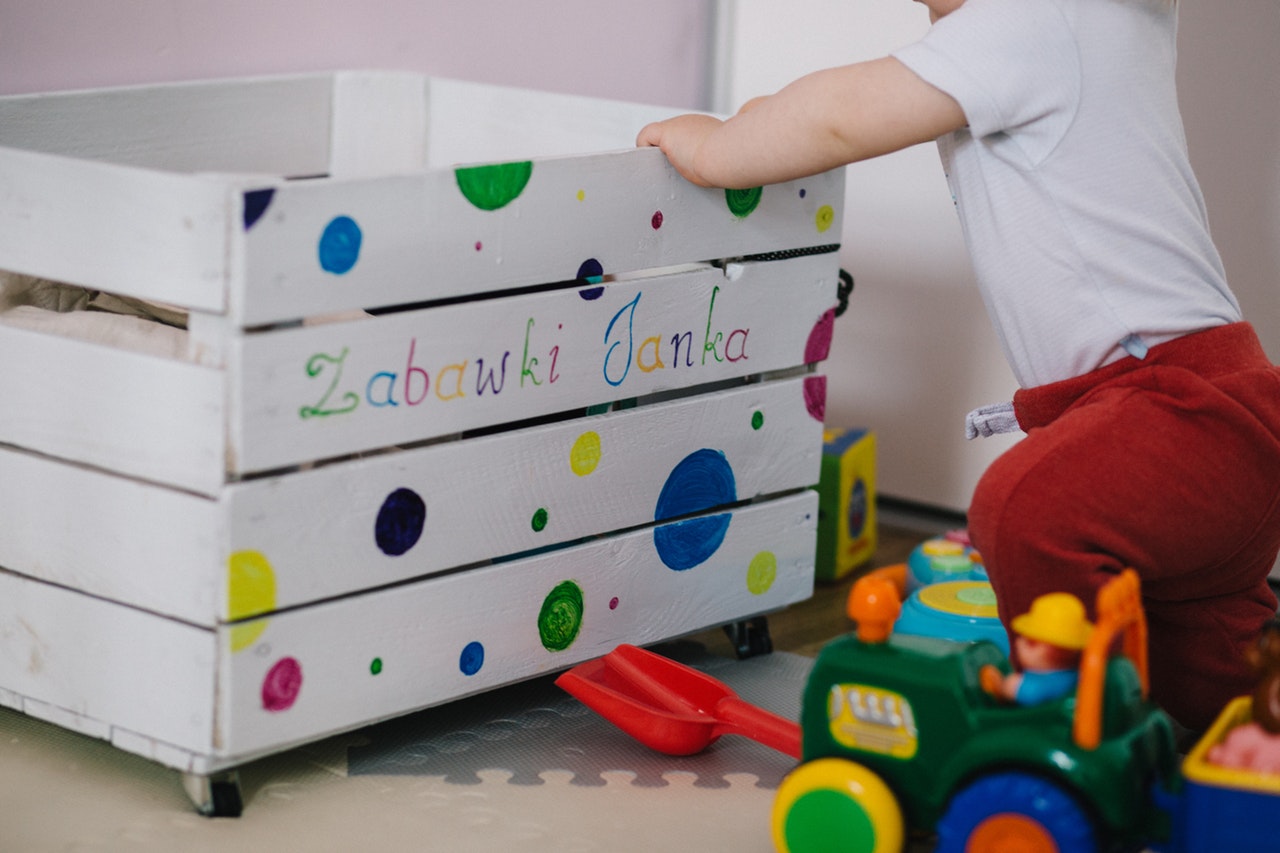Bringing a new baby home is an exciting time, but it also comes with the significant responsibility of ensuring their well-being. Keeping your baby’s health in check involves a combination of routine care, keen observation, and timely medical attention. This comprehensive guide will walk you through essential steps to monitor and maintain your baby’s health from infancy through their first year.
Understanding Your Baby’s Baseline Health
Every baby is unique, but understanding general developmental milestones and health indicators will help you identify when something might be amiss. A healthy baby typically:
- Feeds well and gains weight consistently.
- Has regular wet and soiled diapers.
- Is alert during wake times and sleeps for appropriate durations.
- Responds to sounds and sights.
- Reaches developmental milestones like smiling, cooing, and holding their head up.
- Regular Well-Baby Visits and Vaccinations
One of the most crucial steps in keeping your baby healthy is adhering to their pediatrician’s schedule for well-baby check-ups and vaccinations.
- Schedule Routine Check-ups:
- Typically, these start a few days after birth and continue at 1, 2, 4, 6, 9, and 12 months, though the exact schedule may vary.
- During these visits, the pediatrician will:
- Measure your baby’s growth (weight, height, head circumference).
- Perform a physical examination.
- Assess developmental milestones.
- Discuss feeding, sleep, and behavioral patterns.
- Address any concerns you may have.
- Stay Up-to-Date on Vaccinations:
- Vaccinations are vital for protecting your baby from serious, preventable diseases.
- Follow the recommended immunization schedule provided by your pediatrician. They protect against illnesses like measles, mumps, rubella, polio, diphtheria, tetanus, whooping cough, and more.
- Keep an immunization record for your baby.
- Monitor Feeding and Diaper Output
These are primary indicators of your baby’s nutritional intake and hydration.
- Track Feeding:
- Whether breastfeeding or formula-feeding, monitor how often and how much your baby eats.
- Newborns feed frequently (8-12 times in 24 hours for breastfed babies). As they grow, feeding patterns will become more predictable.
- Ensure your baby is latching well (if breastfeeding) or taking adequate amounts of formula.
- Signs of good feeding include audible swallowing, contentedness after feeding, and consistent weight gain.
- Count Wet and Soiled Diapers:
- This is a direct measure of hydration and digestive health.
- Wet diapers: A newborn should have at least 1 wet diaper for each day of life until they are 5-6 days old, after which they should have 6-8 or more wet diapers daily.
- Soiled diapers: Stool frequency and consistency vary. Breastfed babies often have frequent, seedy, mustard-yellow stools. Formula-fed babies typically have fewer, firmer, tan-colored stools. Any sudden changes in frequency or consistency, especially hard, pellet-like stools or very watery, explosive ones, warrant a call to the pediatrician.
- Observe Sleep Patterns and Behavior
Sleep is crucial for growth and development, and changes in behavior can signal health issues.
- Understand Sleep Needs:
- Newborns sleep a lot (14-17 hours daily), often in short bursts. As they grow, sleep periods lengthen, and they sleep less overall.
- Ensure your baby is placed on their back to sleep on a firm, flat surface to reduce the risk of SIDS.
- Create a safe sleep environment free of loose bedding, bumpers, and toys.
- Monitor Behavior Changes:
- You know your baby best. Pay attention to subtle shifts.
- Irritability or excessive crying: While babies cry, inconsolable crying or a sudden increase in fussiness could indicate discomfort, hunger, or illness.
- Lethargy: A baby who is unusually sleepy, difficult to rouse, or uninterested in feeding or interacting could be unwell.
- Changes in activity: A decrease in normal movements or responsiveness.
- Unusual sounds: Wheezing, grunting, or persistent coughing.
- Check for Signs of Illness
Knowing what to look for can help you decide when to seek medical advice.
- Fever:
- A fever in an infant, especially under 3 months, is a serious concern.
- Always use a rectal thermometer for the most accurate reading in infants.
- Call your pediatrician immediately if your baby (under 3 months) has a rectal temperature of 100.4°F (38°C) or higher.
- For older infants, consult your doctor based on their symptoms and the degree of fever.
- Changes in Breathing:
- Rapid breathing, labored breathing (flaring nostrils, retractions—skin pulling in between ribs or at the neck), or wheezing are red flags.
- Listen for unusual sounds or difficulty breathing.
- Vomiting and Diarrhea:
- Occasional spit-up is normal. Projectile vomiting or persistent vomiting, especially with signs of dehydration (fewer wet diapers, sunken soft spot, no tears when crying, dry mouth), requires medical attention.
- Frequent, watery stools (diarrhea) can quickly lead to dehydration in infants.
- Skin Changes:
- Rashes are common, but look for widespread rashes, blisters, or a rash accompanied by fever.
- Jaundice (yellowing of the skin and eyes) is common in newborns, but persistent or worsening jaundice needs evaluation.
- Appetite Changes:
- A sudden refusal to feed or a significant decrease in feeding can be a sign of illness.
- Practice Good Hygiene and Safe Practices
Prevention is a key part of baby health care.
- Frequent Handwashing:
- Wash your hands thoroughly with soap and water (or use an alcohol-based hand sanitizer) before handling your baby, especially before feeding or changing diapers.
- Ask visitors to do the same.
- Keep Environment Clean:
- Regularly clean and sanitize surfaces your baby touches.
- Wash baby’s clothes, bedding, and toys regularly.
- Prevent Exposure to Illness:
- Avoid taking a newborn into crowded places, especially during cold and flu season.
- Limit visitors who are sick or have been around sick individuals.
- Encourage family members to get their flu shot and Tdap vaccine (whooping cough) to protect the baby.
- Safe Food Preparation:
- Sterilize bottles and feeding equipment, especially for newborns.
- Prepare formula according to instructions and use safe water.
- Safe Handling and Environment:
- Always support your baby’s head and neck.
- Never leave your baby unattended on a raised surface.
- Childproof your home as your baby becomes more mobile.
- Trust Your Parental Instincts
As a parent, you spend the most time with your baby and are often the first to notice if something is off.
- Don’t Hesitate to Call Your Pediatrician:
- If you are ever concerned about your baby’s health, even if you can’t pinpoint the exact issue, it’s always better to call your pediatrician. They are there to help and answer your questions.
- Keep your pediatrician’s contact information readily available.
- Know the location of the nearest emergency room or urgent care clinic.
By consistently applying these practices—from regular check-ups and vaccinations to diligent observation and proactive hygiene—you can effectively keep your baby’s health in check and provide them with the best possible start in life.





